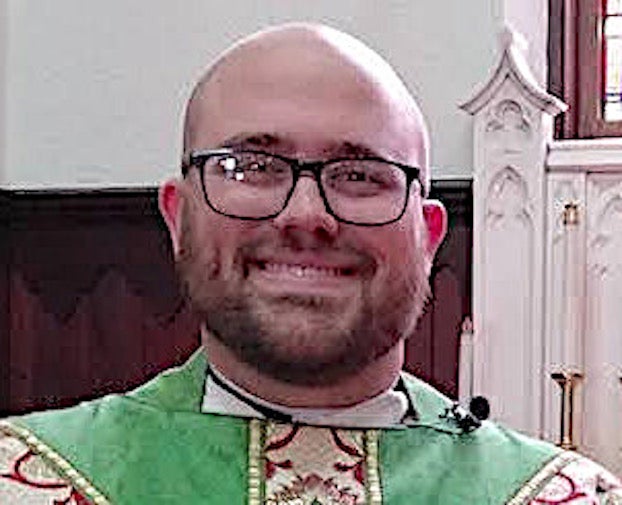Choose hope over vengeance
Published 5:24 pm Wednesday, May 18, 2022
|
Getting your Trinity Audio player ready...
|
There’s a line from the recent film The Batman that has been living rent-free in my head since I saw the film: “Vengeance won’t change the past. Mine, or anyone else’s. I have to become more. People need hope. To know someone’s out there for them.” If you haven’t seen it yet, I can’t recommend it enough. It’s a Batman who is only in his second year of crimefighting. He’s rough around the edges, and hasn’t quite figured out what “The Batman” means to the people of Gotham. He assumes that what people need is vengeance, to feel vindicated and fought for. And so, Bruce Wayne becomes Batman to strike fear into the hearts of the unjust, springing forth from the shadows as an unholy visage of fear.
In the course of the film, however, he realizes that vengeance is a volatile fuel for change. It’s unpredictable, and it can even turn good people cruel. Through an act of true heroism, of self-sacrifice, it’s almost as if he has an epiphany about what truly motivates people to change. It’s not vengeance, or might. It’s not the sharp edge of a Batarang or the crunch of a furious fist. Ultimately, Batman realizes that he must transcend vengeance and begin to offer hope.
I’ve written a lot about hope, both in my sermons and in these articles. I write about it not so much to teach other people about the virtue of hope, but so I myself become convinced of the necessity of hope. I write about hope because the world is hard, and it seeks to take from us even the enjoyment of little, inconsequential things.
Vengeance, though, and becoming hardened by the pain we see, is an ultimately unsustainable posture to have in the world. A pithy quote attributed to the Buddha speaks volumes here: “Holding onto anger is like drinking poison and expecting the other person to die.” Jesus had some things to say about hatred too: “You have heard that it was said, “You shall love your neighbor and hate your enemy.” But I say to you, love your enemies and pray for those who persecute you, so that you may be children of your Father in heaven; for he makes his sun rise on the evil and on the good, and sends rain on the righteous and on the unrighteous.”
Vengeance, or anger, is a fuel that can indeed make us feel justified when we are driven by those feelings. They make us feel powerful, especially when our vengeance or anger is justly directed. But vengeance and anger never stop with the intended recipient. When that anger finds nothing to consume externally, it turns inward and consumes us from within.
Anger, in that sense, is like a drug. It’s something we become addicted to, as the endorphins flood our system and prove that we are rightly justified to react to antagonism with a similar energy, the energy of combat. Staying in that posture of readiness, though, is exhausting. Moving through the world looking for one more thing to fuel our discontent is fun for a little while, but it ultimately becomes boring and self-destructive.
Hope, however, doesn’t leave us empty in the same way. We might not always achieve that which we hope for, and the world we hope comes to pass might not come together exactly as we wished it would. Nevertheless, we find hope to be a creative force for imagining a different reality while not succumbing to the easy way out of anger-fueled vengeance. I don’t know about you, but I’m tired of being angry at the world all the time. By choosing hope, perhaps looking towards the future won’t be such a draining exercise. By choosing hope, we can look forward to what the future might bring because we know that we are doing all that we can to make our little slice of reality that much healthier
Chris Adams is the Rector at St. Peter’s Episcopal Church in Washington..






